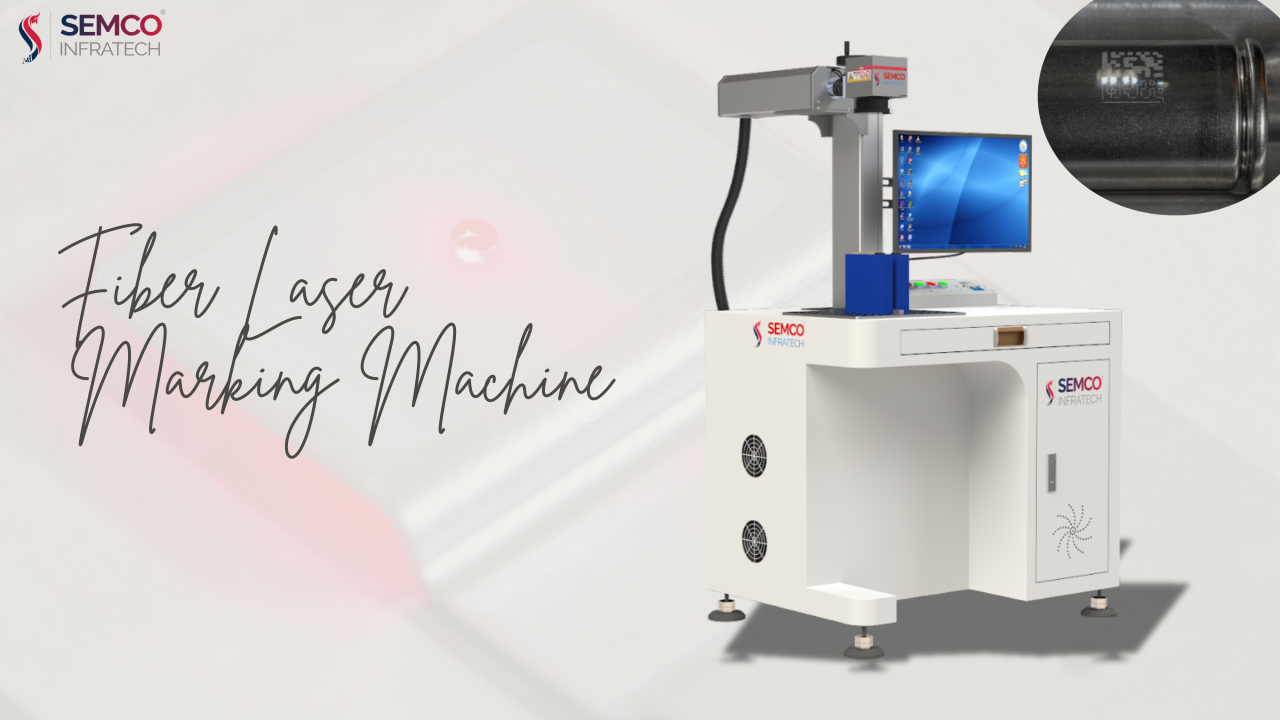The lithium-ion battery manufacturing process starts with cell grading. All cell types, be it prismatic, pouch, or cylindrical, are incomplete without cell grading. As we know, all battery packs comprise small cells and battery modules. Both of them and some other parts are joined together to make a battery pack. Before packing the cells into batteries, cells are graded for their quality. It is an important process as it helps to ensure that all the cells meet specific quality standards. All types of cells are important, but cylindrical ones are more common these days. So, we will stick to them and will try to share how the lithium-ion cylindrical cell grading machine works.
Key Features and Specifications: –
Cell grading machines, also known as cylindrical cell battery testing machines, are designed with several key features that make them essential for battery production. These machines have high accuracy and use precision sensors and algorithms to measure the exact parameters of each cell. Speed is another vital feature, as these machines can grade multiple lithium-ion cells simultaneously, significantly increasing throughput. Automation reduces human error, while data logging capabilities allow for the recording and storage of test results for further analysis. Additionally, these machines often come with a user-friendly interface, making it easy to set parameters and monitor operations.
Accurate Grading and Sorting
A li-ion cylindrical cell grading machine assesses cells based on crucial factors: capacity, voltage, and temperature. It examines the cell’s charge storage efficiency, verifies voltage compliance, and monitors temperature to avert overheating. These machines can precisely sort cells into distinct performance tiers. This meticulous process guarantees that only the top-performing cells are utilized in manufacturing.
Types and Models
There are several models of lithium-ion battery testers for cylindrical cells, catering to different scales of operations. Basic models are suitable for small-scale operations and often involve more manual processes. Advanced models, designed for large-scale production, offer higher automation and faster processing speeds. Some models are customizable and tailored to meet specific manufacturing needs, including integration with existing systems.
Comparison with Other Technologies
Compared to alternative battery cell grading technologies, li-on cylindrical battery cell testing machines excel in accuracy, speed, and cost-efficiency. They offer heightened precision in measurements and faster cell processing. Additionally, they prove more economical due to their efficiency and lowered labor costs. This makes them the preferred option in the battery production industry.
Best Practices for Operation and Maintenance
To guarantee optimal performance and lifespan of li on cylindrical battery cell testers, certain best practices should be observed. Routine calibration of the machines is essential for maintaining accuracy. Regular cleaning helps prevent dust and debris from impacting sensors. Updating the software ensures functionality and proper operator training is vital for handling the machines correctly.
Improving Production Yield and Quality Control
Lithium-ion cylindrical cell grading machines greatly improve production and quality control for battery manufacturers. They ensure each cell meets precise standards, resulting in consistent quality. By segregating underperforming cells early in production, waste is minimized. The data from these machines offers valuable insights into production quality, pinpointing areas for enhancement.
Safety Considerations and Regulations
Safety is paramount when using grading machines. Adequate ventilation is crucial to avert overheating, and regular inspections help identify and address potential issues. Adhering to local and international safety standards and guidelines ensures the machines operate safely and efficiently.
Integration with Other Equipment
These grading machines are engineered to integrate seamlessly with other battery manufacturing equipment and software. They support diverse communication protocols, ensuring compatibility across machines. Data sharing capabilities enable comprehensive analysis, while integration with automation systems streamlines production.
Technological Advancements and Trends
Recent technological advancements have significantly enhanced lithium-ion cylindrical cell grading machines. AI and machine learning integration boosts accuracy and enables predictive maintenance. Improved sensors offer more precise measurements, and new models are engineered to be more energy-efficient, lowering operational costs.
Key Factors for Selection and Purchase
When selecting a lithium-ion cylindrical cell grading machine, several factors warrant consideration. Manufacturers must evaluate their capacity requirements to ensure the machine can manage the desired volume. Accuracy needs should align with the required precision level for products. Budget constraints must be balanced with desired features, and choosing reputable suppliers can provide better service and support.
Conclusion
By understanding these aspects, manufacturers can make informed decisions about using and investing in a cell grader. This ultimately improves their production processes and product quality.





